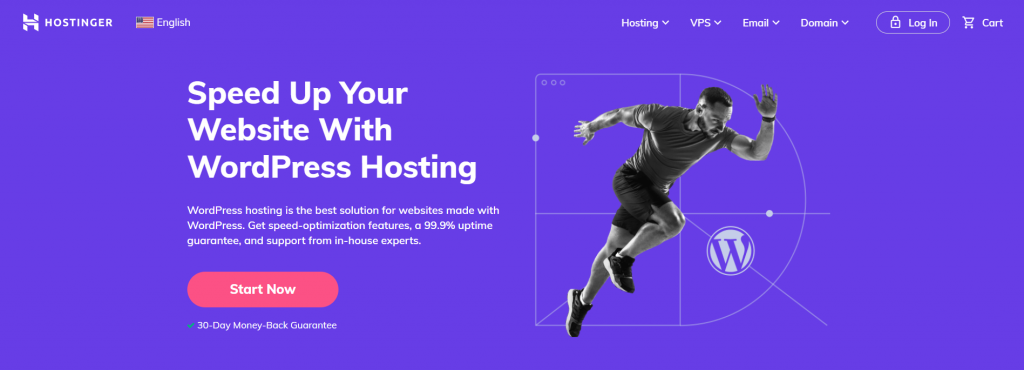
In today’s hyper-competitive landscape, creating personalized and seamless customer experiences is no longer optional. It’s a necessity. Salesforce Marketing Cloud and Salesforce Data Cloud (formerly known as Customer Data Platform) have become pivotal tools in enabling businesses to unify their marketing strategies. Together, they empower marketers to harness data like never before, delivering unparalleled insights and engagement opportunities.
What is Salesforce Data Cloud?
Salesforce Data Cloud is a real-time data platform that aggregates, harmonizes, and analyzes customer data from various sources. By creating a single source of truth, Data Cloud helps businesses:
- Gain 360-degree customer views.
- Deliver real-time, personalized experiences.
- Make data-driven decisions with confidence.
When integrated with Salesforce Marketing Cloud, the possibilities for enhancing marketing strategies are limitless.
How Data Cloud Enhances Marketing Cloud Capabilities
The integration of Marketing Cloud and Data Cloud enables marketers to create unified, data-driven campaigns. Here’s how this powerful combination elevates marketing strategies:
1. Real-Time Personalization
With Data Cloud, marketers can leverage real-time customer data to create hyper-personalized marketing campaigns. Marketing Cloud’s Journey Builder can now:
- Adapt campaigns dynamically based on real-time customer behavior.
- Deliver relevant content across email, SMS, social media, and more.
- React to customer actions, such as abandoned carts or website visits, in real time.
2. Unified Customer Profiles
Data Cloud consolidates data from multiple sources—CRM, e-commerce platforms, social media, and more—into a unified customer profile. These profiles enable Marketing Cloud to:
- Segment audiences with precision.
- Tailor messages to individual preferences.
- Enhance customer journeys with accurate, up-to-date information.
3. Advanced Audience Segmentation
Marketers can now create highly granular audience segments using the rich data stored in Data Cloud. These segments can be:
- Based on demographic, behavioral, and transactional data.
- Updated in real time as customer behavior changes.
- Used to run targeted campaigns with higher conversion rates.
4. AI-Powered Insights
The integration allows marketers to leverage Einstein AI for predictive analytics. Marketers can:
- Identify trends and customer patterns.
- Predict future behaviors, such as likelihood to purchase.
- Optimize campaigns with data-backed recommendations.
5. Cross-Channel Consistency
Combining Data Cloud’s unified customer profiles with Marketing Cloud’s multi-channel capabilities ensures consistent messaging across all touchpoints. This unified approach:
- Builds stronger brand loyalty.
- Reduces customer frustration from inconsistent experiences.
- Enhances overall engagement and satisfaction.
Real-World Applications
Businesses across industries are already leveraging the integration of Data Cloud and Marketing Cloud to transform their marketing efforts. Here are a few examples:
- Retail: A global retailer uses real-time data to send personalized product recommendations via email and mobile notifications, boosting sales and engagement.
- Healthcare: A healthcare provider delivers tailored wellness tips and reminders based on patient data, enhancing patient care.
- Financial Services: A bank segments its audience based on transactional data to promote relevant financial products, increasing customer trust and retention.
Getting Started with Marketing Cloud and Data Cloud Integration
If you’re ready to unify your marketing strategies with Salesforce Marketing Cloud and Data Cloud, follow these steps:
- Assess Your Data Sources: Identify where your customer data resides and ensure it can be integrated into Data Cloud.
- Cleanse and Harmonize Data: Use Data Cloud’s capabilities to remove duplicates, standardize data formats, and create accurate customer profiles.
- Leverage AI and Automation: Use Marketing Cloud’s tools, like Journey Builder and Einstein AI, to automate and optimize campaigns.
- Monitor and Optimize: Continuously track campaign performance using Data Cloud’s analytics and refine strategies as needed.
The Future of Unified Marketing
The integration of Salesforce Marketing Cloud and Data Cloud is a significant leap forward for marketers. By unifying data and enabling real-time, personalized interactions, businesses can stay ahead of customer expectations and market trends. This powerful combination not only drives engagement but also delivers measurable business outcomes.
Ready to revolutionize your marketing strategies? Explore the capabilities of Salesforce Marketing Cloud and Data Cloud today, and unlock the potential of unified marketing for your business.
